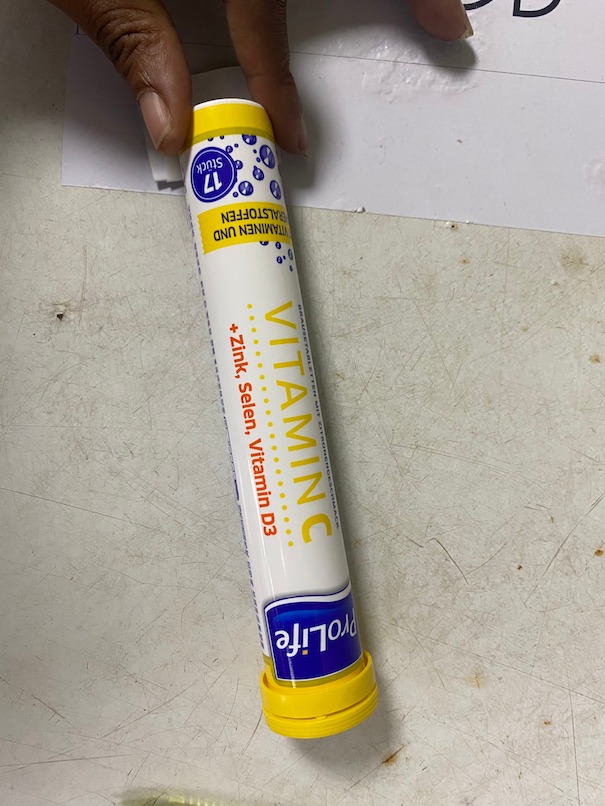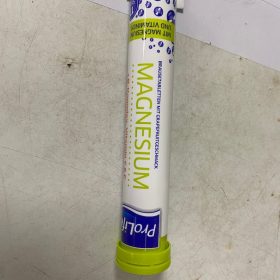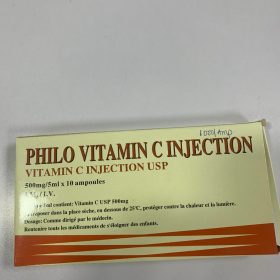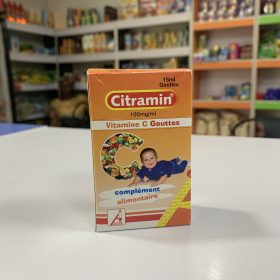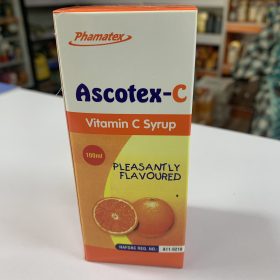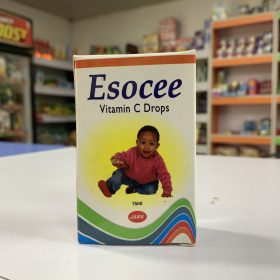- Your cart is empty
- Continue Shopping

Product
Vitamin C, Zinc, Selenium, and Vitamin D3 are essential nutrients that play various roles in maintaining overall health and supporting the immune system, among other functions. Let’s explore each of these nutrients briefly:
- Vitamin C (Ascorbic Acid): Vitamin C is a water-soluble vitamin that is well-known for its antioxidant properties. It plays a crucial role in immune system support, collagen production, wound healing, and the absorption of non-heme iron from plant-based foods. It’s found in citrus fruits, strawberries, and vegetables like bell peppers and broccoli.
- Zinc: Zinc is a mineral that is essential for various bodily functions, including immune system function, wound healing, and DNA synthesis. It is also important for taste and smell. Zinc can be obtained from sources like meat, dairy products, nuts, and whole grains.
- Selenium: Selenium is a trace element with antioxidant properties. It is important for the thyroid gland’s function, as well as DNA synthesis and protection against oxidative damage. Selenium is found in foods like seafood, nuts, and whole grains.
- Vitamin D3 (Cholecalciferol): Vitamin D3 is a fat-soluble vitamin that is crucial for calcium absorption and bone health. It is also believed to play a role in immune system support. Vitamin D3 is synthesized in the skin when exposed to sunlight and can also be obtained from foods like fatty fish and fortified dairy products.
Combination Supplements: Many dietary supplements combine these nutrients, often marketed for immune system support and overall health. The combination of these nutrients is based on the idea that they work synergistically to support immune function and maintain health.
Caution:
- It’s important to consult with a healthcare professional or a registered dietitian before taking any dietary supplement, especially if you have specific health concerns or are on medication.
- Supplements should not be used as a replacement for a well-balanced diet. A varied and nutrient-rich diet is the best way to obtain essential vitamins and minerals.
- Dosages and specific formulations of these nutrients can vary, so it’s important to follow the instructions provided on the supplement label and not exceed the recommended daily intake, as excessive intake of certain nutrients can have adverse effects.
- If you are considering a combination supplement containing these nutrients, make sure it is from a reputable source and complies with relevant quality and safety standards.

